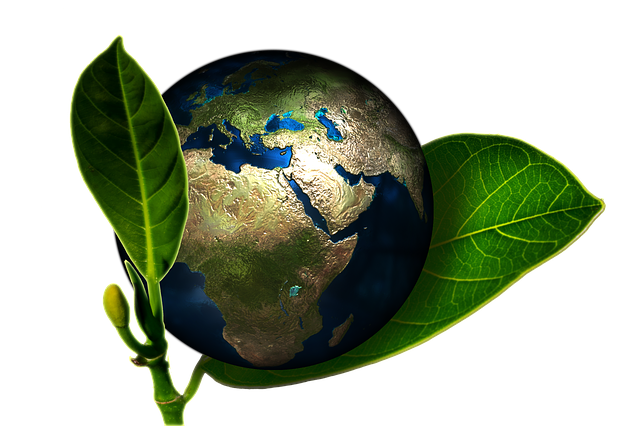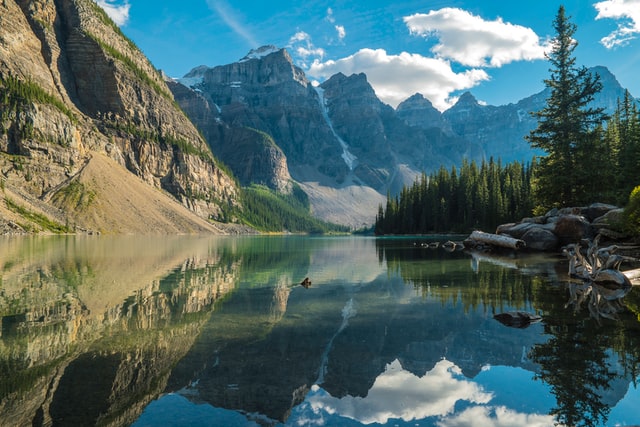By Riccardo Luporini, Matteo Fermeglia, and Maria Antonia Tigre On February 8, 2022, the Chamber of Deputies of the Italian Republic gave its final approval to the proposed constitutional law A.C.3156-B providing environmental protection amendments to Articles 9 and 41 of the Italian Constitution. The proposed constitutional bill, already approved […]
Human Rights
By Prof. Muhammed Tawfiq Ladan, Phd* Background Countries around the world have increasingly adopted climate change laws over the last two decades. This is partially attributable to the dynamism in international climate negotiations but also a growing appreciation of the crucial role that national laws and policy measures play. Legislative […]
Climate Litigation in Latin America and the Caribbean: launching a regional Platform for Climate Litigation By Maria Antonia Tigre, Florencia Ortúzar, Javier Dávalos With the largest rainforest in the world, the largest freshwater reserves on the planet and the most significant amount of arable land where food is produced, the […]
Workshop on Global South Climate Litigation: A first step in a broader discussion on climate litigation in the Global South By Maria Antonia Tigre and Melanie Murcott Climate litigation is rapidly becoming a global phenomenon, making courts essential players in the movement towards employing climate governance to advance and protect […]
Dobbs v. Jackson and Juliana v. United States: “Innumerable Human Lives” By Julia Olson and Andrea Rodgers* There’s a maritime myth in our culture, made romantic by the Titanic and other disasters, that men will “save the women and children” first. The arguments before the Supreme Court in Dobbs v. […]
A new climate litigation claim in Brazil raises the pressure for increased climate action and protection of the Amazon rainforest By Maria Antonia Tigre On October 26, 2021, Observatório do Clima (OC), a network of 71 civil society organizations, filed a class action at the federal court of Amazonas against […]
By Maria Antonia Tigre The last few days saw two major developments in international rights-based climate litigation, with the adoption of a new resolution by the United Nations Human Rights Council (HRC) and a long-awaited decision on a climate case by the Committee on the Rights of the Child (CRC). […]
On Earth Day, citizens all around the world make a concerted effort to reflect upon their relationship with nature, and collectively share what specific actions we can take to protect our planet against threats such as air and water pollution, deforestation, species decline, extreme weather events, and more — all of which are exacerbated by climate change.
The “Rights of Nature” movement is fundamentally rethinking humanity’s relationship with nature, and it is gaining momentum. It is led by activists advocating for ecosystems such as rivers, lakes, and mountains to bear legal rights in the same, or at least a similar, manner as human beings. This movement is striving for a paradigm shift in which nature is placed at the center and humans are connected to it in an interdependent way, rather than a dominant one. How would such a legal system work, and could giving rights to nature help in the legal battle against climate change? A few case studies offer some insight.


